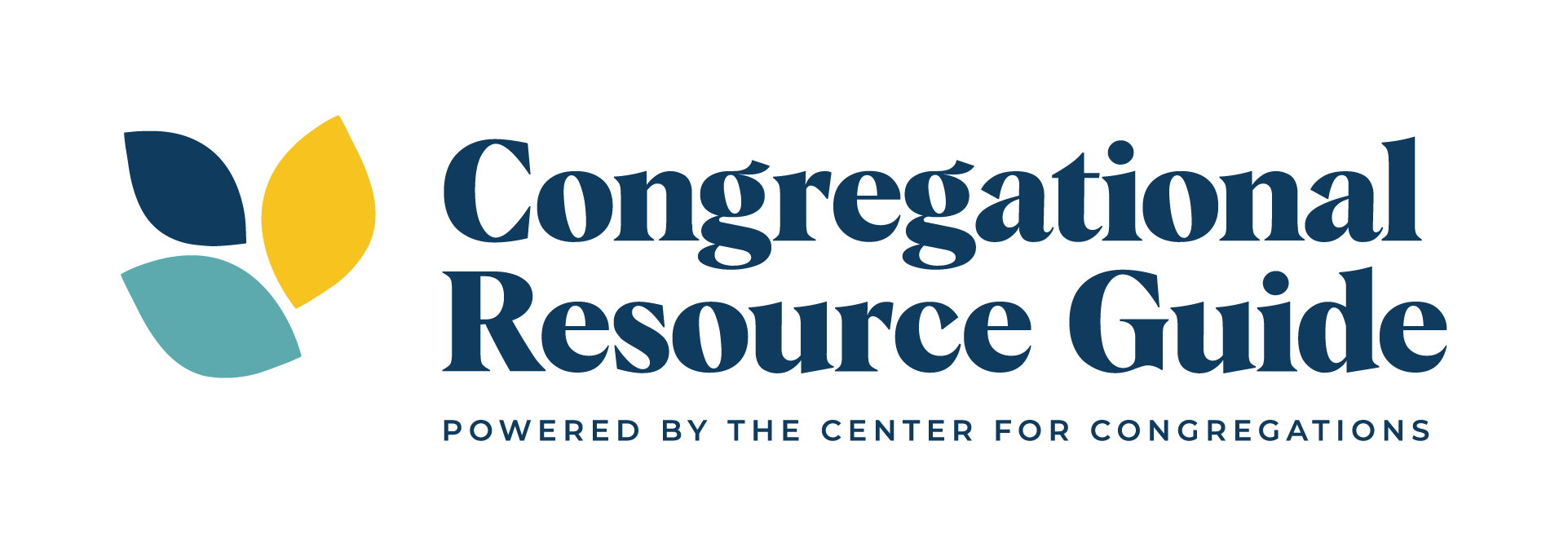Description
This article helps congregational leaders understand the benefits and challenges of taking a second job while leading a congregation. Writing for Faith & Leadership, author Leslie Quander Wooldridge notes that taking a second job can carry a stigma of failure for a leader and congregation, but can also enable both to thrive. To explore the pros and cons of taking a second job, the article discusses benefits, such as access to health insurance and the ability to pay off student loans from seminary school, and challenges, such as balancing time for both roles as well as one’s personal needs.
Features
- Photos
- Links to research and resources
- Tips for managing a second job
- Questions to Consider section
Practical Applications
- Follow the tips in this article to help you identify a job that helps you balance congregational leadership and a second profession.
- Review the history of congregational leaders who hold second jobs to help you set aside any stigma you, or your congregation, associate with bivocationalism.



